Second annual ProZ.com AI expo: Thursday, March 20th
AI is transforming the language industry, and the ProZ.com AI expo is the place to explore its impact. This online event brings together industry experts to discuss AI-driven tools, best practices, and the future of human and machine collaboration. Gain insights from leading professionals, participate in discussions, and connect with peers in a dedicated networking space.





.png)
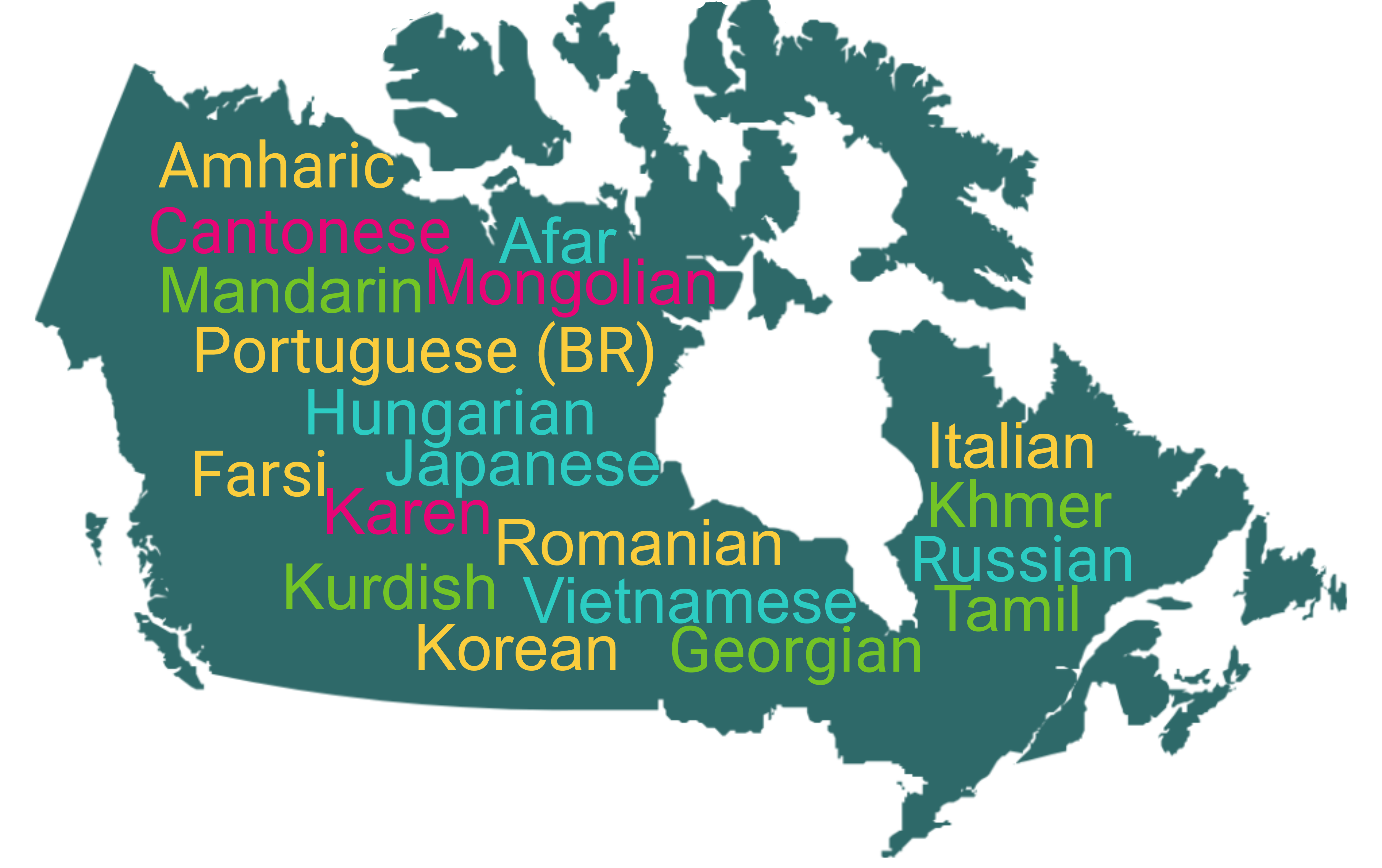
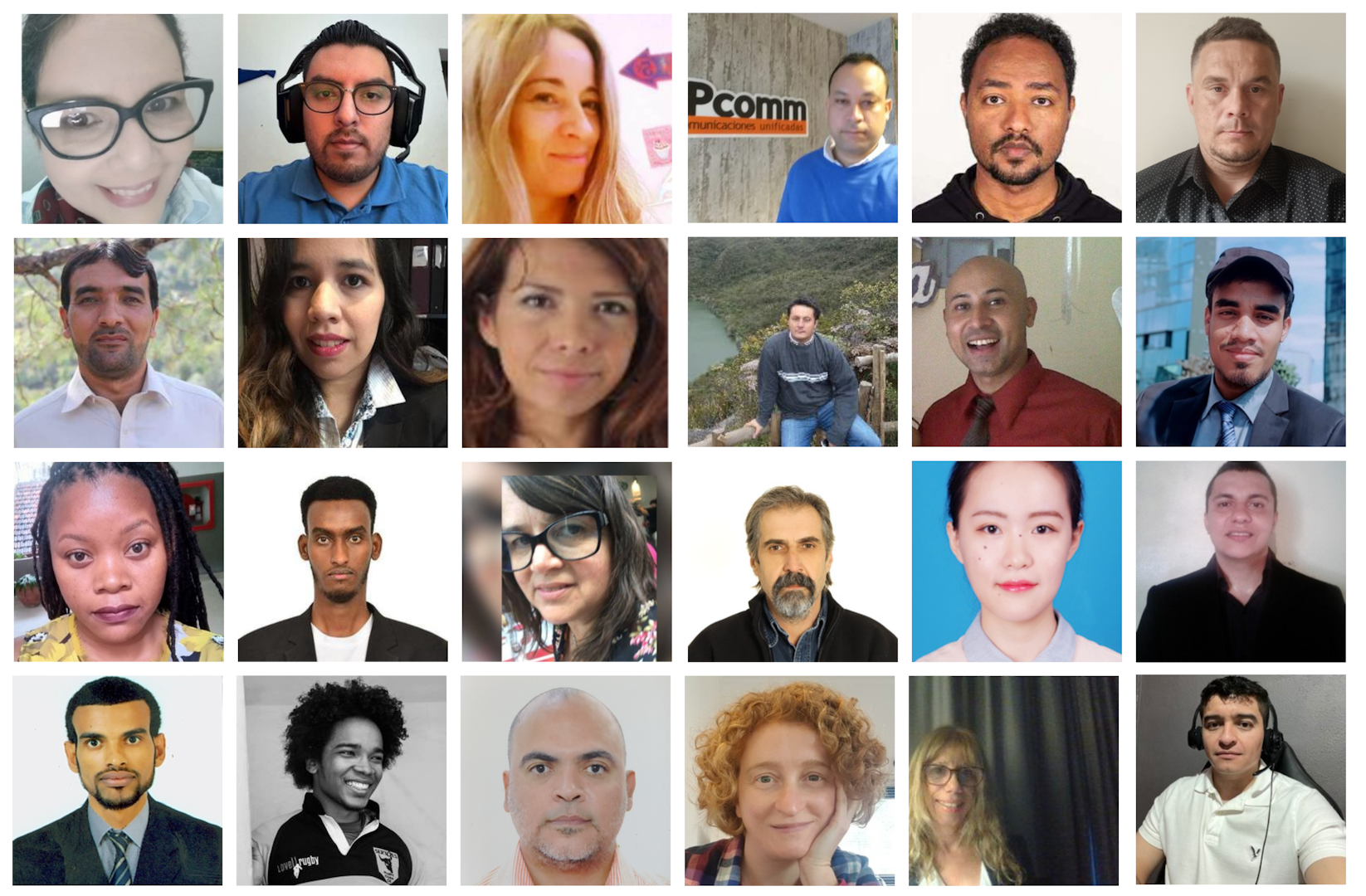



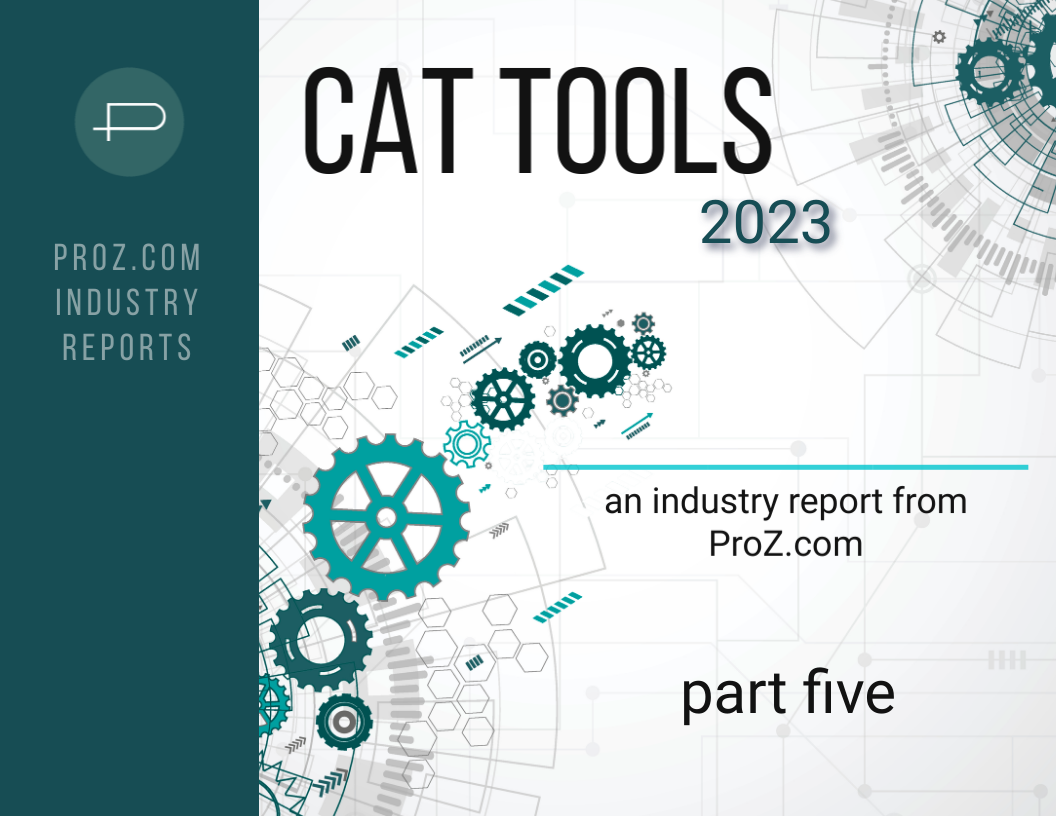
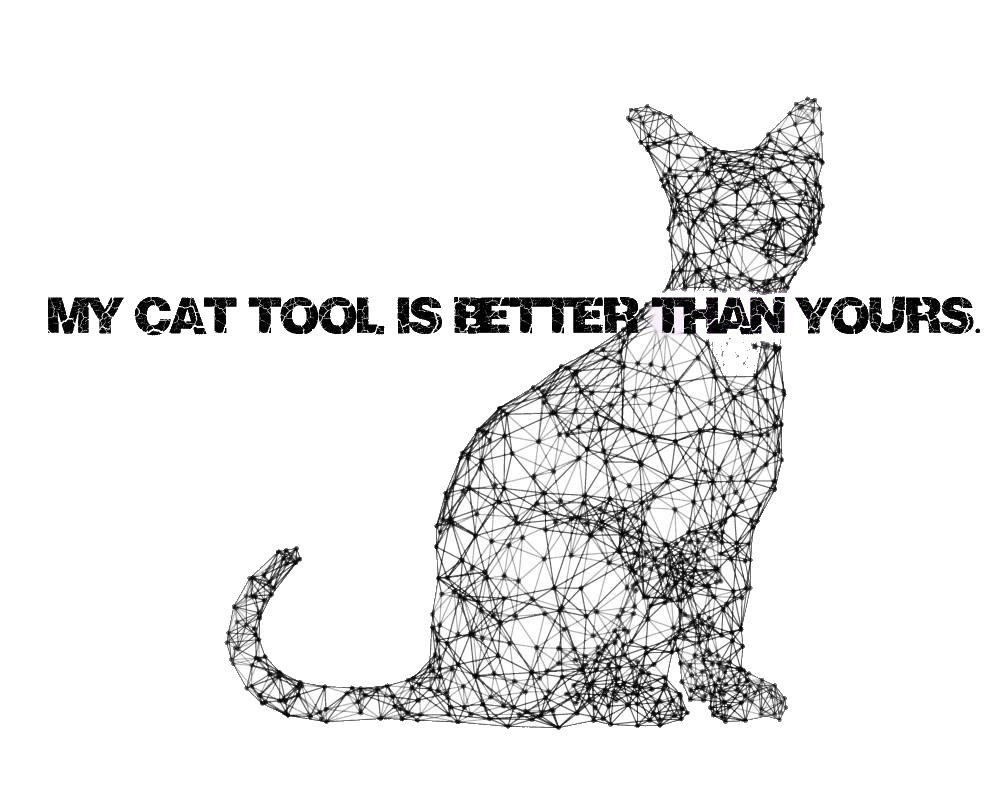
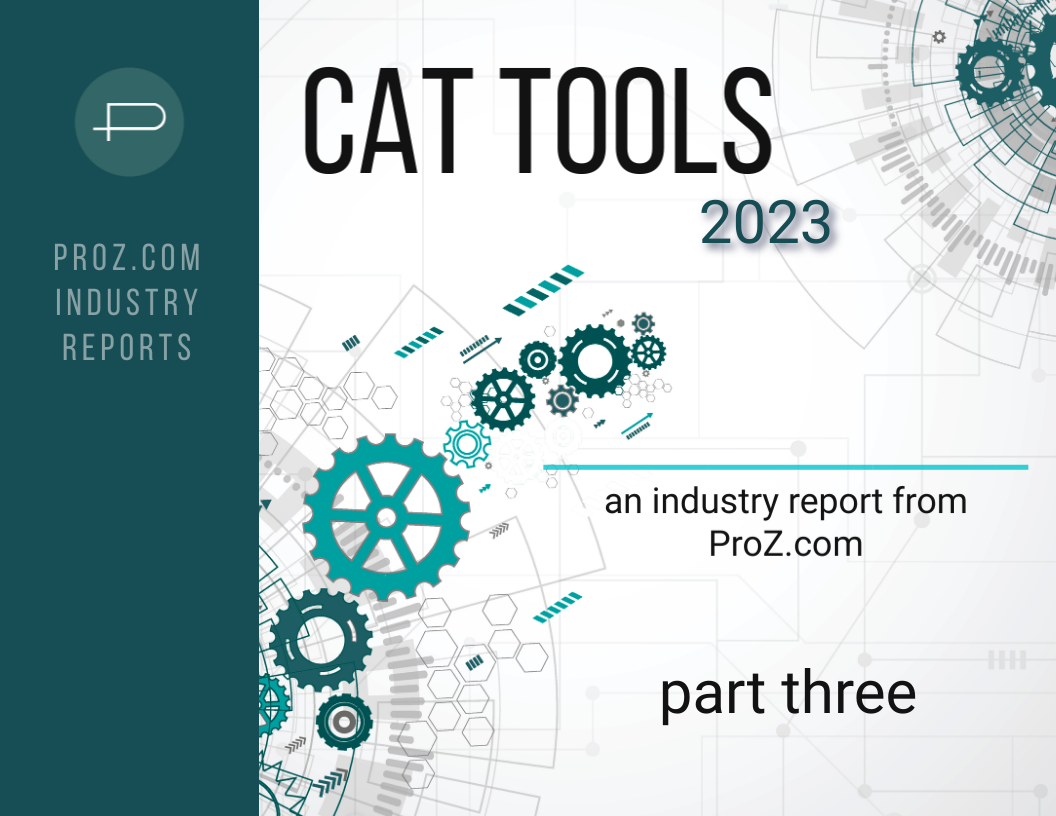
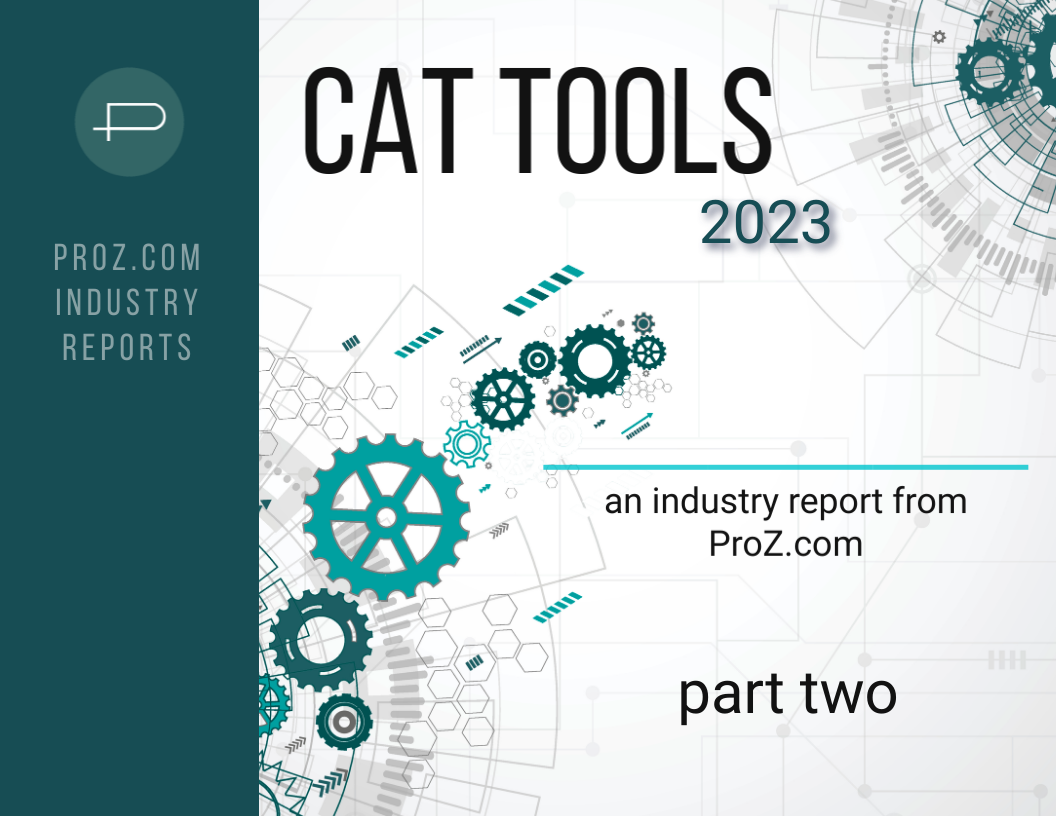
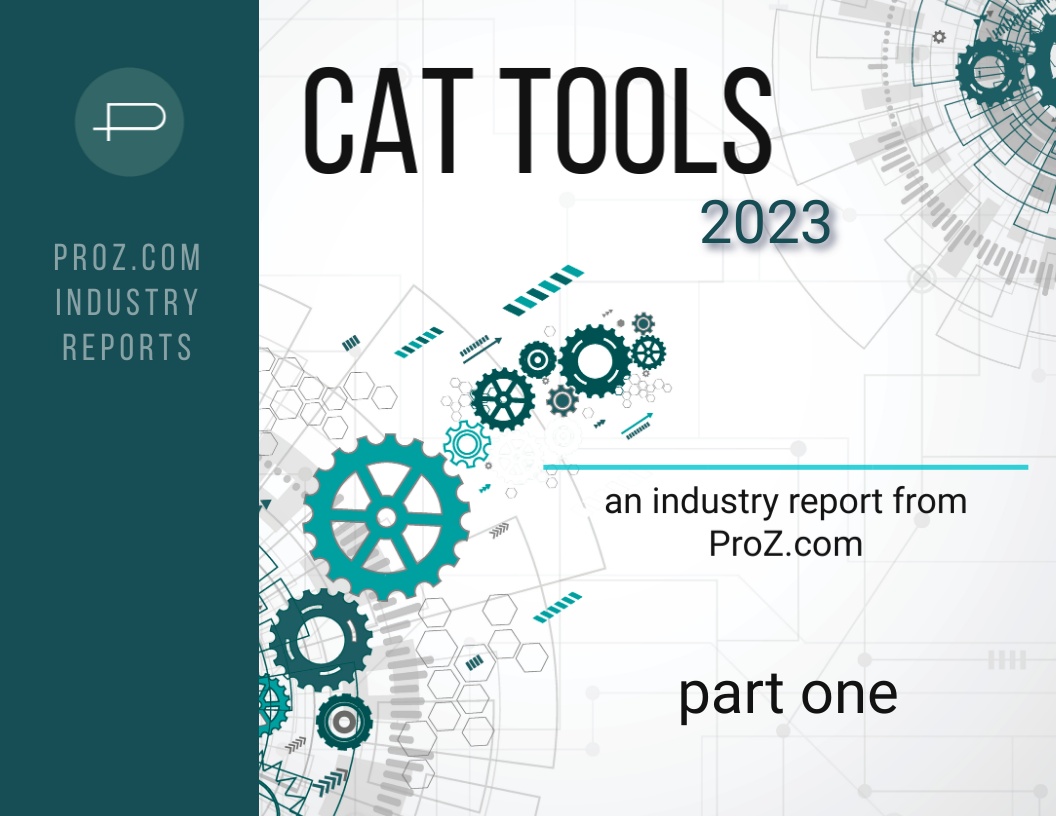
.png)
